All children need nutrient-rich soil as they grow:
love, safety, the best of literature, truth, God, and family.
More and more, it is recognized that homeschooling offers great socialization benefits. Often now, when I tell people my family homeschools, I hear things like, “Oh, yeah, my neighbors homeschool, and their children are amazing,” or “I’ve thought about homeschooling; I’m so impressed with the homeschooling families I’ve met.”

Several years ago, though, when people heard I homeschooled, almost always their first question was about social concerns. I’m glad recognition is changing because homeschooling is a powerful way to mold respectful, confident, happy children, and social concerns should not keep you from homeschooling.
Recently I met a family with five children from ages 4 to 13 years old. I was so incredibly impressed with the children’s confidence, manners, and just the light that was apparent in them that I turned to the mother and asked, “What do you do to raise children like this?” She smiled and said, “I homeschool them.”
This made me smile, too, because it was not the first time I had been impressed with homeschooled children. I have met a huge number of homeschool families through the work that I do, and the children themselves are testimony to the social blessings of homeschool.
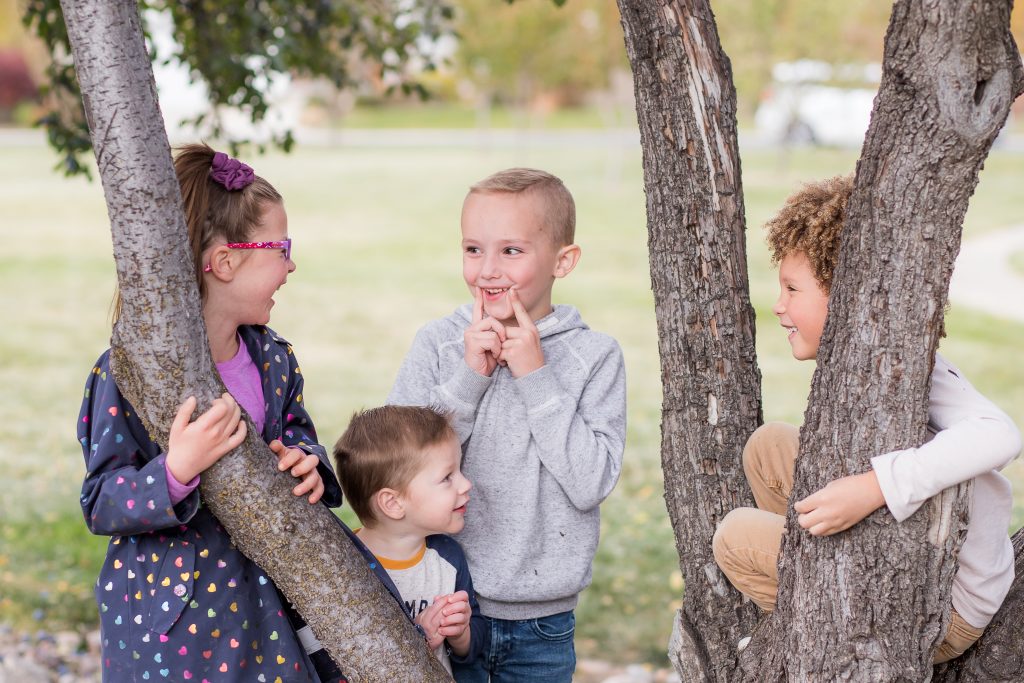
Many parents fear that their children will be socially awkward if they are not in a classroom with other kids for hours a day.
We must not forget historical figures that had amazing, even powerful, social skills, even though they were homeschooled or mainly homeschooled, spending the vast majority of their childhood with their family: Thomas Jefferson, Thomas Edison, William Penn, Daniel Webster, George Washington Carver, Robert E. Lee, James Madison, Benjamin Franklin, Abraham Lincoln, James Polk, Theodore Roosevelt, Claude Monet, Winston Churchill, George Washington, Charles Dickens, C. S. Lewis, John Newton, Alexander Graham Bell, and many more.
Dr. Raymond S. Moore said, “Research clearly verifies that the more people there are around your children, the less opportunity they have for meaningful social contact.”
Homeschooling: The Research
Author: Brian D. Ray, Ph.D.
What Does the Research Say About the Impact of Homeschooling on Academics and Social Skills?
Author: Rachel Wise
Homeschooling Statistics
Author: Multiple Sources
It truly is not being in a classroom with 30 other same-aged children a day that is required for good socialization. In fact, it can sometimes be harmful to developing good socialization. So what IS socialization, and how is it achieved so well by homeschooled children?
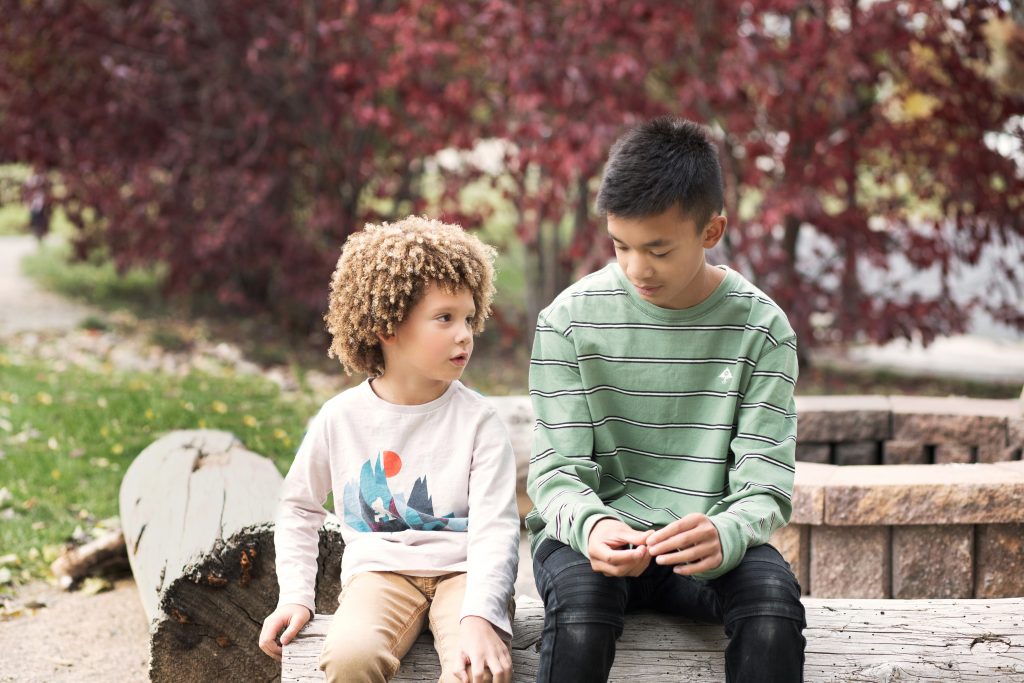
Socialization is defined in the dictionary1 as “a continuing process whereby an individual acquires a personal identity and learns the norms, values, behavior, and social skills appropriate to his or her social position.”
When children are surrounded all day by large groups of peers, the tendency is to base “personal identity” on popularity, conformity, social media, physical body image, etc. Consider these quotes:
“Parents and educators usually talk about sociability, but neglect to differentiate the kind of sociability they prefer. The child who feels needed, wanted, and depended on at home, sharing responsibilities and chores, is much more likely to develop a sense of self-worth and a stable value system—which is the basic ingredient for a positive sociability. One of the best ways for parents to help in their children’s social development is to become involved with them in the daily chores and activities in the home.”
Dr. Raymond S. Moore
Remember that social skills are learned at home and in families, which are where our skills can also be tested the most. We shouldn’t forget that social skills don’t just mean interactions outside of our family.
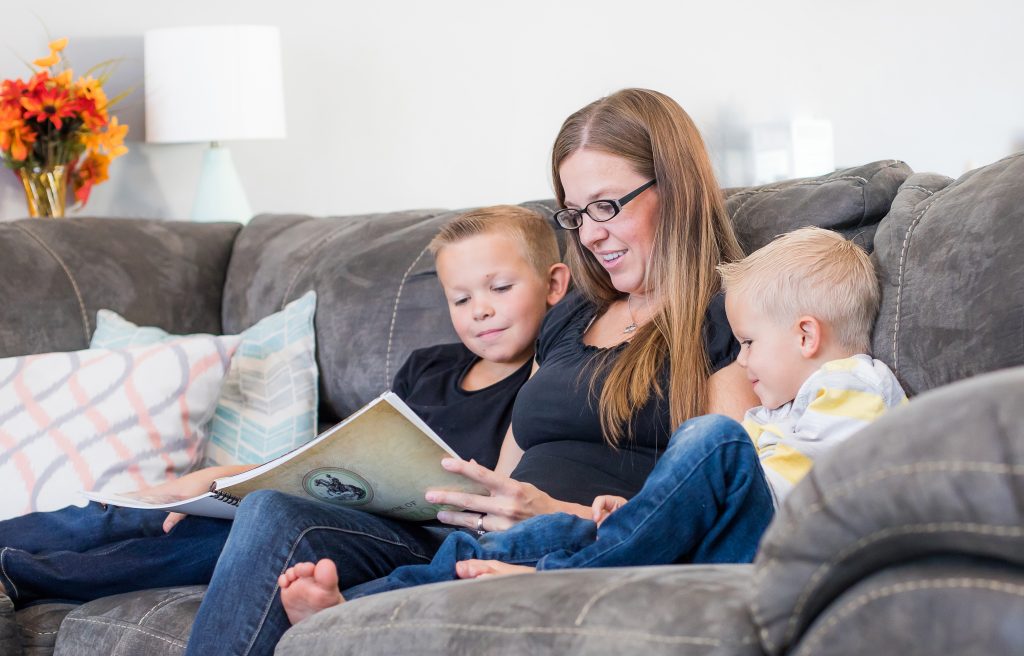
“I think the socializing aspects of school are ten times as likely to be harmful as helpful. The human virtues—kindness, patience, generosity, etc., are learned by children in intimate relationships, maybe groups of two or three. By and large, human beings tend to behave worse in large groups, like you find in school. There they learn something quite different—popularity, conformity, bullying, teasing, things like that. They can make friends after school hours, during vacations, at the library, in church.”
John Holt
“A family member asked my wife, ‘Aren’t you concerned about [our son’s] socialization with other kids?’ My wife gave this response: ‘Go to your local middle school, junior high, or high school, walk down the hallways, and tell me which behavior you see that you think our son should emulate.’”
Manfred B. Zysk
I once heard someone say, “Aren’t homeschooled children like a plant grown in a greenhouse, and as soon as they are set outside, they just wither and fall over? Shouldn’t we put our children in hard situations so they can grow from trials?” My answer to these questions is that it is hard to grow a healthy plant in the first place in toxic soil.
All children need nutrient-rich soil as they grow: love, safety, the best of literature, truth, God, family. These things grow strong minds and hearts—minds and hearts strong enough to withstand the elements as they start to be set outside the greenhouse to be hardened off over time until they are ready to stay out of the greenhouse—strong and healthy.

It is important that homeschooled children, especially as they grow older, do have interactions with people outside their homes. Friendship and interaction are important, and some children naturally need more social experiences than others. See our blog post titled 50 Ways to Teach Social Skills to Homeschoolers. There are so many ways and opportunities for positive socialization outside of school.
If you feel homeschooling could be beneficial to your child but you are worried about socialization, put that fear to rest if you feel you can model good social skills for your child, get them involved in activities outside the home, and immerse them in books that model good socialization. For me, and for many others, the positives of socialization for homeschooled children is one of the greatest blessings and results of homeschooling.
1Dictionary.com
You may also like…










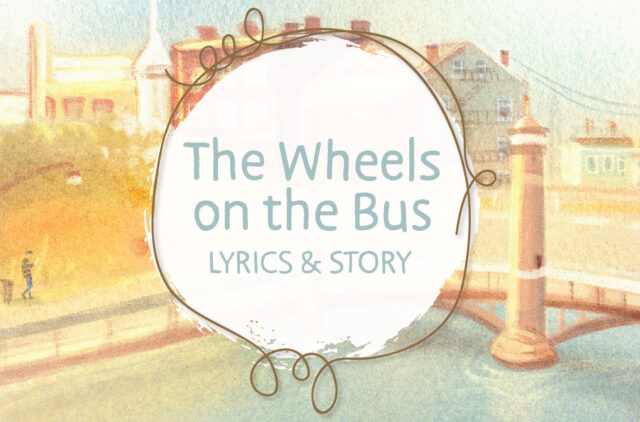
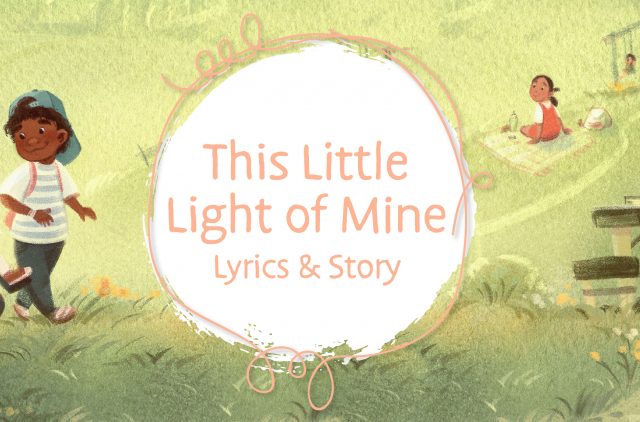


Comments